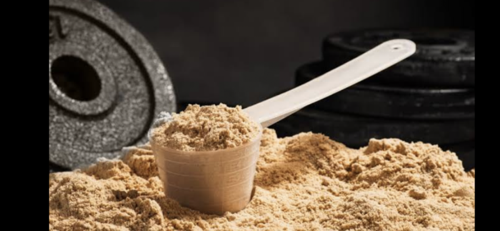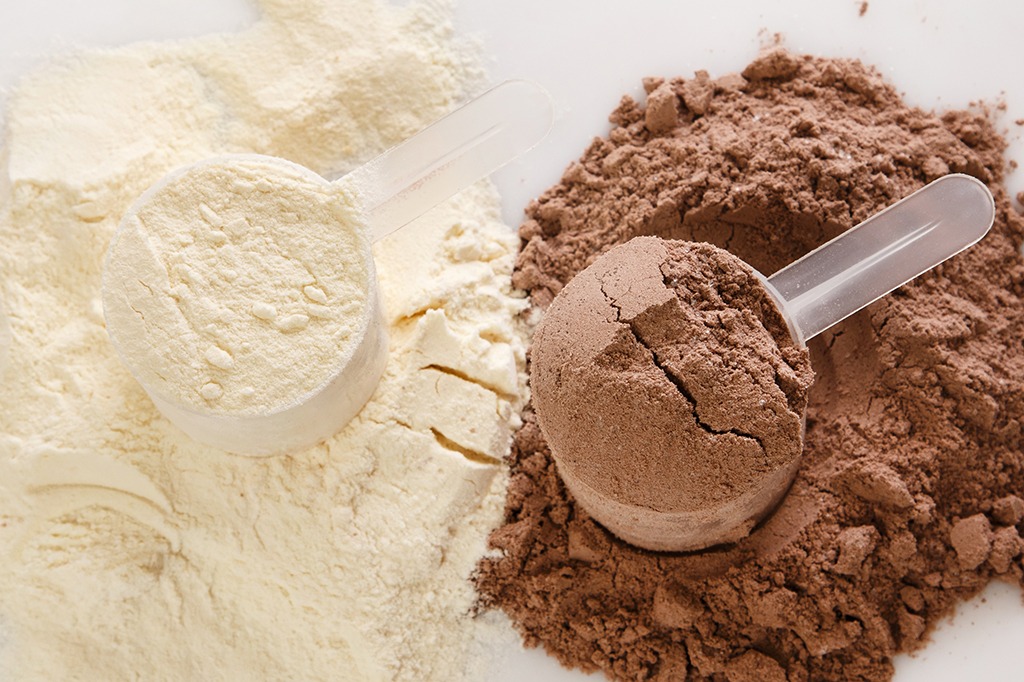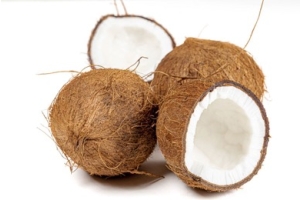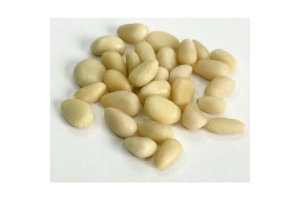Benefits of Higher Protein Intake as We Age

Benefits of Higher Protein Intake as We Age
Introduction
As we age, maintaining good health becomes increasingly important. Protein consumption plays a crucial role in supporting various aspects of well-being for individuals over the age of 50. In this article, we will explore the top three benefits of protein consumption in relation to muscle retention for mobility, reducing age-related diseases and falls, and enhancing cardiovascular health, bone strength, energy levels, and overall health when combined with exercise.
Retaining Muscle for Mobility and Reducing Age-Related Diseases
Muscle Wastage and Mobility With age, there is a natural decline in muscle mass, a condition known as sarcopenia. Protein consumption can help combat muscle wastage and support the retention of muscle mass. By maintaining muscle strength, individuals over 50 can improve their mobility, balance, and coordination, reducing the risk of falls and fractures, particularly those affecting bones like hips, ankles, and wrists.
Enhancing Cardiovascular Health, Bone Strength, and Energy Levels
Cardiovascular Health , protein consumption, along with a balanced diet, is beneficial for cardiovascular health in individuals over 50. Adequate protein intake supports the growth and repair of tissues, including the heart muscle. Additionally, protein sources such as lean meats, fish, and plant-based proteins like legumes and nuts, often contain essential nutrients like omega-3 fatty acids, which have been associated with heart health.
Bone Strength , aging increases the risk of osteoporosis and fractures. Protein, combined with regular exercise and sufficient calcium intake, plays a significant role in maintaining bone health. Proteins are necessary for the production of collagen, a key component of bones. By consuming protein-rich foods, individuals over 50 can support bone strength and reduce the risk of fractures.
Energy Levels ,sustaining adequate energy levels is vital for overall well-being. Protein is a key macronutrient that provides energy, especially when combined with carbohydrates and fats. It helps prevent muscle fatigue and supports endurance during physical activities. By incorporating protein-rich foods into their diet, individuals over 50 can enhance their energy levels and actively engage in exercise routines.
Protein Consumption and Exercise
Walking , walking is a low-impact exercise that can be easily incorporated into daily routines. When combined with protein consumption, walking helps maintain lean body mass, improves cardiovascular health, and promotes overall well-being. Walking stimulates muscle contractions, prompting the body to utilize proteins for repair and growth.
Light Weight Training, engaging in light weight training exercises can help older individuals maintain muscle mass and strength. Protein consumption following weight training sessions is crucial as it aids in muscle recovery and growth. By ensuring adequate protein intake, individuals over 50 can optimize the benefits of weight training and improve overall fitness levels.
Yoga , yoga offers numerous benefits for individuals over 50, including increased flexibility, improved balance, and reduced stress. Protein consumption supports the repair and growth of muscle tissues, enhancing the effectiveness of yoga practices. Combining protein intake with regular yoga sessions can help individuals maintain muscle strength and mobility.
Maintaining a Lean Body Mass ,a lean body mass is associated with numerous health benefits, including improved metabolism and reduced risk of chronic diseases. To support the preservation of lean body mass, it is recommended that individuals over 50 strive to consume approximately 1 gram of protein per pound of body weight per day. For example, a 150 lb person should aim for around 150 grams of protein daily.
By consuming adequate amounts of protein, individuals can provide their bodies with the necessary building blocks for muscle maintenance, repair, and growth. It's important to note that protein requirements may vary depending on individual factors such as activity level, overall health, and specific goals. Consulting with a healthcare professional or registered dietitian can provide personalized recommendations tailored to individual needs.
In conclusion, protein consumption plays a vital role in the well-being of individuals over the age of 50. The benefits encompass retaining muscle for mobility, reducing the risk of age-related diseases and falls, enhancing cardiovascular health, bone strength, and energy levels. When combined with exercise, including walking, light weight training, yoga, and maintaining a lean body mass, protein consumption can optimize these benefits. By following the recommended guideline of consuming approximately 1 gram of protein per pound of body weight per day, individuals can further support their overall health and well-being as they age.




 Over 500 health and wellness products
Over 500 health and wellness products Everyday savings and weekly promotions
Everyday savings and weekly promotions The best natural and organic produce from around the world
The best natural and organic produce from around the world Committed to you - over 10 years of trusted service
Committed to you - over 10 years of trusted service



